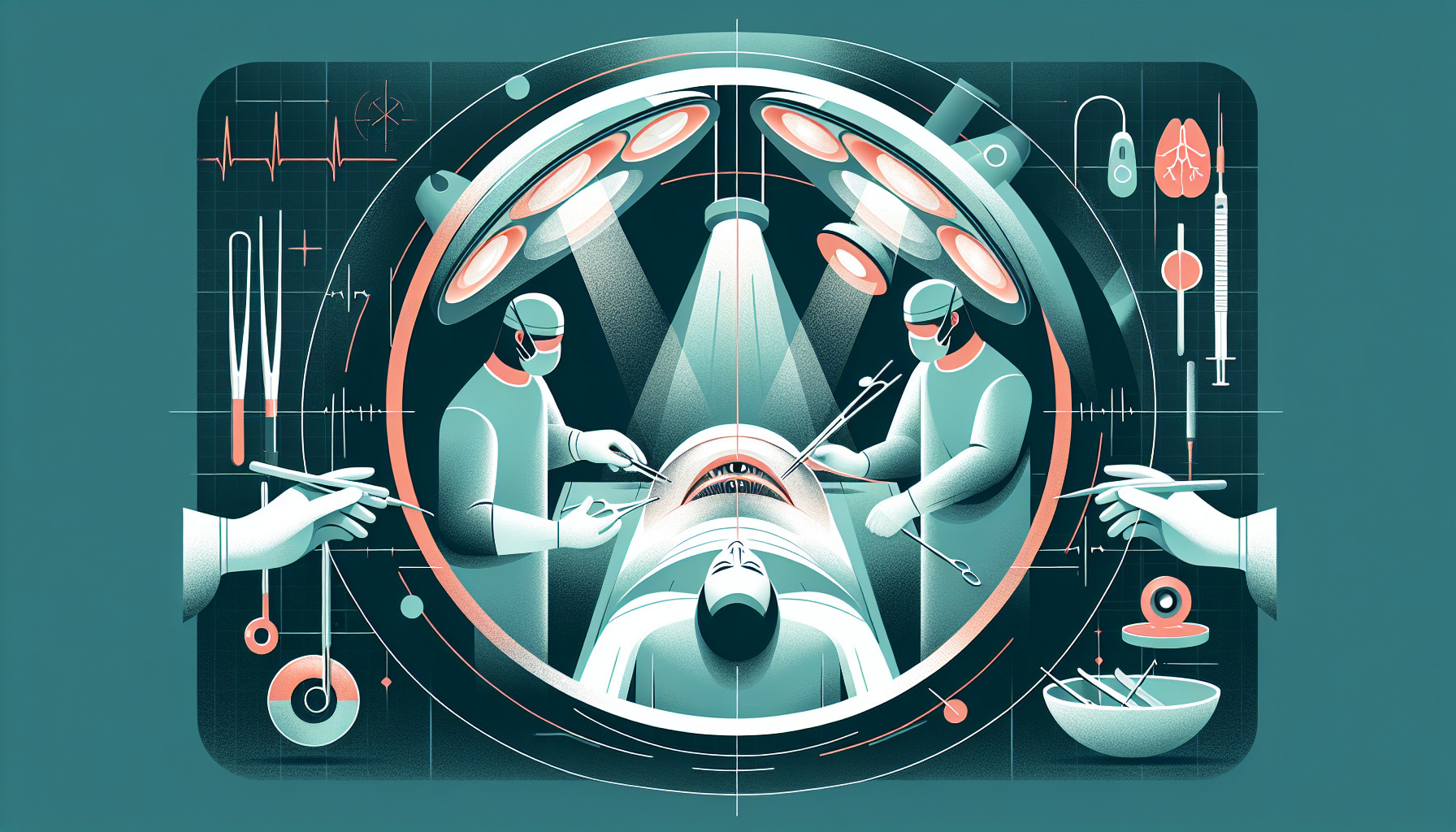Our Summary
This research paper is about the debate on whether to perform cataract surgery on one eye or both eyes at the same time. The researchers looked at scientific evidence to see how effective and safe it is to do the surgery on both eyes at once, how much it could potentially reduce healthcare costs, and the rate of complications linked to doing so. They searched two large databases for relevant studies published between 2000 and the end of 2020.
The results showed that performing cataract surgery on both eyes in one session is effective and safe, and does not increase the rate of complications compared to doing the surgery on just one eye. Furthermore, doing the surgery on both eyes at once can also lower healthcare costs.
However, there is a psychological fear of performing the surgery on both eyes at once due to the potential risk of complications that could affect both operated eyes. Nonetheless, the researchers concluded that doing the surgery on both eyes at the same time is a good option for treating cataracts, as it allows for faster visual recovery and does not pose greater risks than doing the surgery on just one eye.
FAQs
- Is it safe to perform cataract surgery on both eyes at the same time?
- Does performing cataract surgery on both eyes at once reduce healthcare costs?
- Are there any increased risks or complications associated with performing cataract surgery on both eyes at the same time?
Doctor’s Tip
A doctor might tell a patient that while the thought of having cataract surgery on both eyes at the same time may be intimidating, it is actually a safe and effective option. Performing the surgery on both eyes in one session can lead to faster visual recovery and potentially lower healthcare costs. It is important to discuss any concerns or fears with your doctor to fully understand the benefits and risks of this approach.
Suitable For
Patients who are typically recommended cataract surgery include those who have significant vision loss or impairment due to cataracts, difficulty performing daily activities due to poor vision, and those who have experienced a decline in quality of life due to cataracts. Additionally, patients with cataracts that are affecting their ability to drive, work, or engage in social activities may also be recommended for cataract surgery. Ultimately, the decision to undergo cataract surgery should be made in consultation with an ophthalmologist who can assess the individual patient’s needs and determine the most appropriate course of treatment.
Timeline
Before cataract surgery:
- Patient notices symptoms of cataracts such as blurry vision, glare, or difficulty seeing at night.
- Patient visits an eye doctor for an evaluation and diagnosis of cataracts.
- The doctor discusses treatment options, including cataract surgery.
- The patient undergoes pre-operative testing and measurements to prepare for surgery.
After cataract surgery:
- The patient undergoes cataract surgery, which typically takes less than 30 minutes and is done on an outpatient basis.
- The patient may experience some mild discomfort or itching in the eye immediately after surgery.
- The patient is given post-operative instructions, including using prescribed eye drops and avoiding strenuous activities.
- The patient attends follow-up appointments to monitor healing and vision improvement.
- The patient may need to wear glasses or contacts to achieve optimal vision after surgery, depending on the type of intraocular lens implanted.
- The patient enjoys improved vision and quality of life after cataract surgery.
What to Ask Your Doctor
Some questions a patient should ask their doctor about cataract surgery, specifically in regards to the debate on whether to do the surgery on one eye or both eyes at the same time, include:
- What are the potential benefits of doing cataract surgery on both eyes at the same time?
- What are the potential risks or complications associated with performing cataract surgery on both eyes simultaneously?
- How does the recovery process differ when having cataract surgery on both eyes at once compared to one eye at a time?
- Are there any specific criteria or factors that make a patient a better candidate for having cataract surgery on both eyes simultaneously?
- How does the cost of cataract surgery differ when having both eyes done at once versus separately?
- Can you provide any specific research or studies that support the effectiveness and safety of performing cataract surgery on both eyes at the same time?
- What is your personal recommendation or opinion on whether to do the surgery on both eyes simultaneously or one eye at a time?
- What should I expect in terms of follow-up appointments and post-operative care if I choose to have cataract surgery on both eyes at once?
- Are there any alternative treatment options or considerations I should be aware of before making a decision on how to proceed with cataract surgery?
- How will having cataract surgery on both eyes at once impact my overall vision and quality of life in the long term?
Reference
Authors: Alio JL, Gessa-Sorroche M, Nowrouzi A, Maldonado MJ. Journal: Arch Soc Esp Oftalmol (Engl Ed). 2022 Jul;97(7):402-408. doi: 10.1016/j.oftale.2022.02.010. Epub 2022 Apr 19. PMID: 35459602
